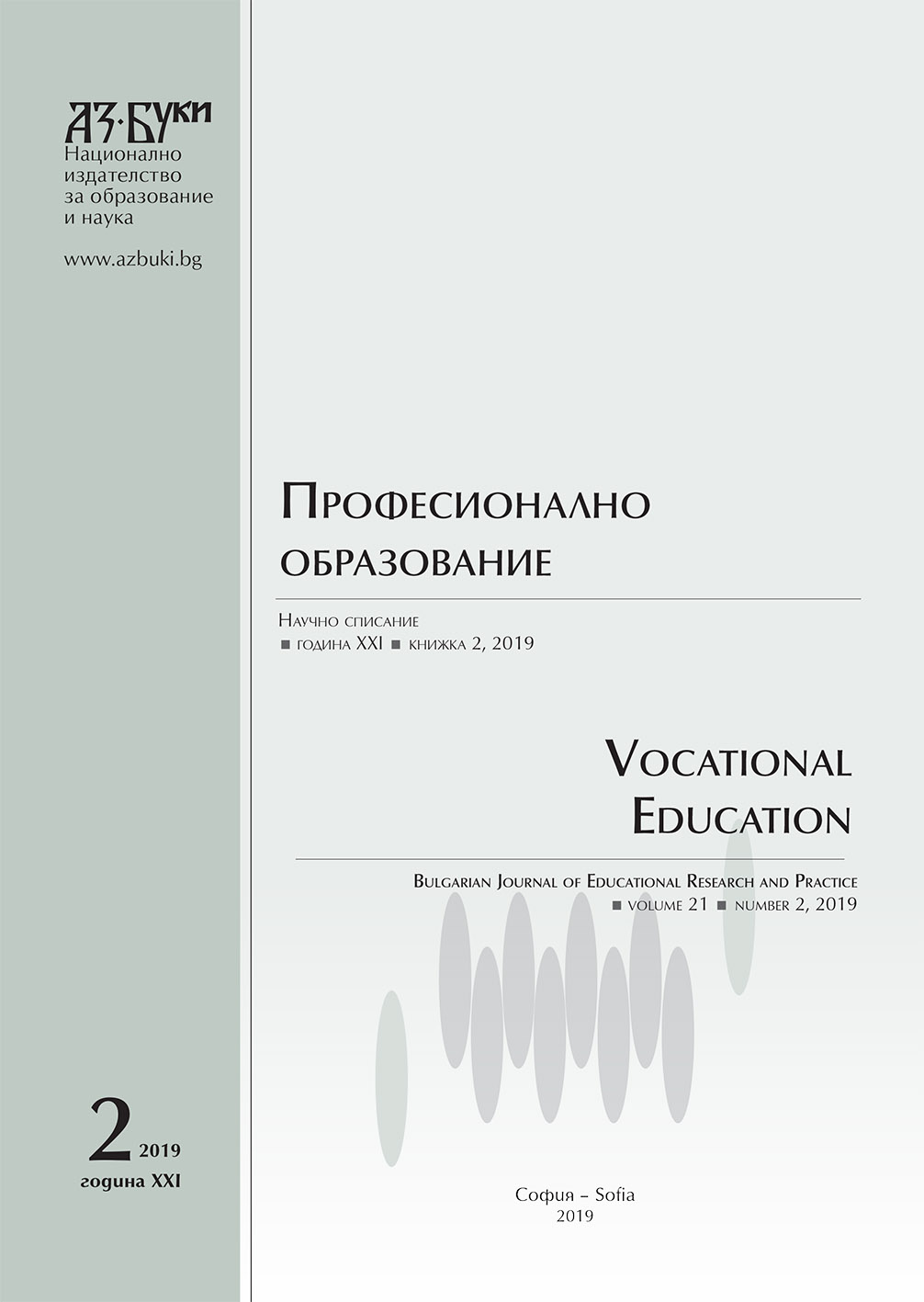Intercultural and Civic Education – Good Practices
Intercultural and Civic Education – Good Practices
Author(s): Maria GenovaSubject(s): Social Sciences, Education, Sociology, School education, Vocational Education, Adult Education, Higher Education , Educational Psychology, State/Government and Education, Family and social welfare, Economic development, Inclusive Education / Inclusion
Published by: Национално издателство за образование и наука „Аз-буки“
Keywords: intercultural competence; civic education; FLL; literature
Summary/Abstract: The paper presents effective pedagogical practices that can be integrated into the foreign language classroom. Particularly, it tries to promote strategies used for teaching culture and language through Language through Literature Approach, new technology and cross curricular subject matter. The author has made an attempt to provide a general overview of the educational policies at international and national level concerning intercultural and civic education. Drawing on Byram’s model of intercultural competences and UNESCO’s Standards for intercultural competences, the author tries to give a plausible explanation for the choice of strategies for teaching intercultural competences. In addition, the author summarizes a number of in-class and out-of-class activities whose objective is to develop the intercultural competence and civic education competence of 11-grade students from Second English Language School “T. Jefferson”, Sofia.
Journal: Професионално образование
- Issue Year: 21/2019
- Issue No: 2
- Page Range: 185-199
- Page Count: 15
- Language: English
- Content File-PDF

